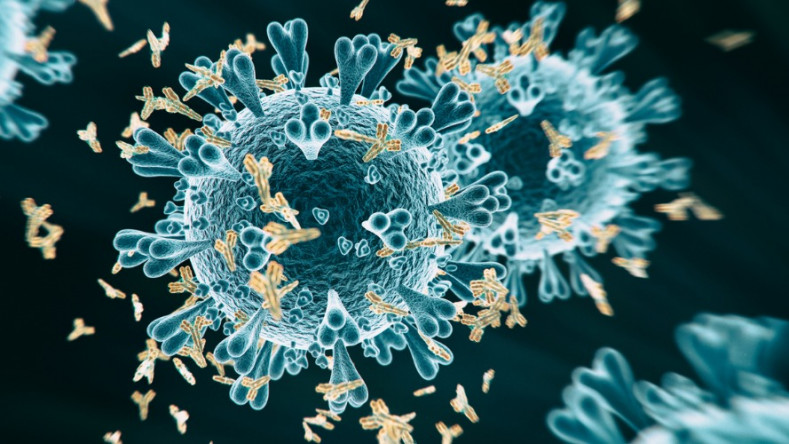
Study suggests COVID-19 antibodies last at least 4 months
New research suggests that antibodies against the coronavirus could remain stable for at least four months after a diagnosis, contradicting concerns that the body's immune response might wane quickly.
The study, which was published Tuesday in The New England Journal of Medicine, involved more than 30,000 people in Iceland and found that antibody levels rose for about two months after infection and then plateaued through the four month mark, U.S. News reported.
Researchers reported that antibody levels were higher in older and hospitalized patients and that nearly a third of people who had been infected reported no symptoms. They also found that measuring antibodies in the blood is more effective than using infection testing like nose swabs to find the virus.
The study does not address whether the antibody levels were adequate to prevent reinfection, which has been reported in extremely rare cases.
Many have questioned how strong the immune response is to the virus and how long it lasts. Previous research had suggested that antibodies could fade quickly and that those who did not develop symptoms might not make many.
But the study "provides hope that host immunity to this unpredictable and highly contagious virus may not be fleeting and may be similar to that elicited by most other viral infections," experts from Harvard University and the U.S. National Institutes of Health who did not participate in the study wrote in a commentary published alongside the research.
While future research should focus on less homogenous populations, the experts said the data means that antibody testing could be effective for population-level surveillance, "which is critical to the safe reopening of cities and schools, and as biomarkers and possible effectors of immunity – useful tools that we can deploy now, while we scan the horizon (and the pages of medical journals) for the wave of vaccines that will end the pandemic of COVID-19."
Newsfeed
Videos






























